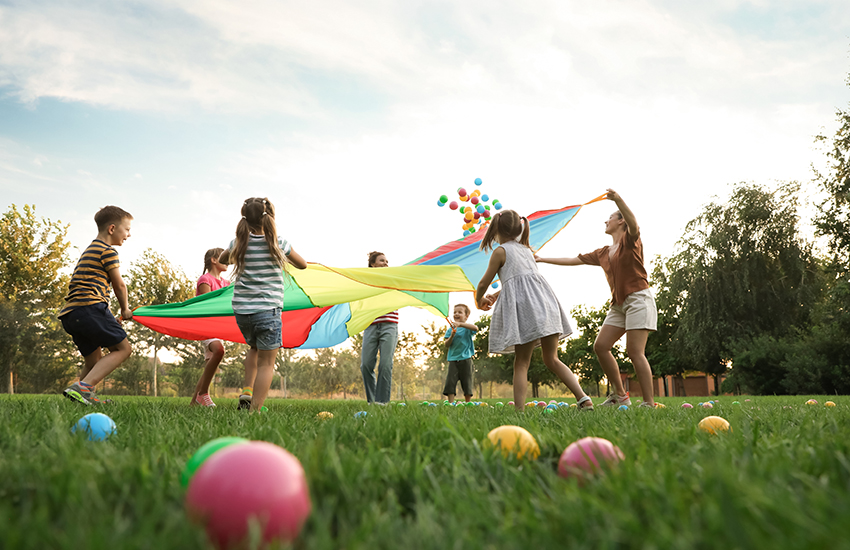
Summer is in full swing! And we know parents are eagerly searching for exciting opportunities to keep their children engaged and active during their break from school. Summer camps, with their wide array of activities and opportunities for social interaction, are a popular choice. While summer camps promise fun and enriching experiences, parents must prioritize their children’s safety during these adventures. Learn more about summer camp safety and explore essential guidelines and measures that every parent should be aware of.
Ultimate Guide to Summer Camp Safety
1. Research and Choose Reputable Camps
Before enrolling your child in a summer camp, conduct thorough research to select a reputable and well-established camp. We recommend looking for camps that have a solid safety record, experienced staff, and appropriate certifications. You can also read reviews from other parents to gain insight into their experiences and level of satisfaction with the camp’s safety measures. Consider shipping your child’s baggage to camp, too, if permitted by the camp.
2. Health and Medical Information
Ensure the camp is aware of your child’s medical history, allergies, dietary restrictions, and any medications they are taking. Provide detailed information and emergency contact numbers, too, in case of any health-related issues.
3. Adequate Staff-to-Camper Ratio
A crucial factor in ensuring summer camp safety is maintaining an appropriate staff-to-camper ratio. A smaller ratio allows for better supervision and individual attention, reducing the chances of accidents or incidents going unnoticed.
4. Background Checks and Training
Verify that all camp staff, including counselors and support personnel, undergo thorough background checks and relevant training. Background checks help ensure that the individuals working with children have no prior history of misconduct or criminal behavior.
5. Safety Protocols and Emergency Plans
Inquire about the camp’s summer camp safety protocols and emergency plans. Don’t hesitate to ask about procedures for handling accidents, illnesses, and natural disasters. The camp should have a well-defined plan in place and conduct regular drills to ensure all staff members are prepared to handle any situation.
6. Adequate Supervision
Emphasize the importance of constant supervision, especially during high-risk activities such as swimming, rock climbing, or hiking. Supervision should be active and attentive to prevent any mishaps.
7. Age-Appropriate Activities
Choose a camp that offers age-appropriate activities for your child. Activities should be tailored to match their physical abilities and emotional maturity, reducing the likelihood of accidents.
8. Hygiene and Sanitation
Ask about the camp’s hygiene and sanitation practices. They should have clean and well-maintained facilities, and they should promote regular hand washing and cleanliness among campers and staff.
9. Sun Safety
Summer camps often involve outdoor activities, making sun safety a top priority. Ensure your child has access to sunscreen, protective clothing, and hats to guard against harmful UV rays. Hydration is also essential, so encourage your child to drink plenty of water throughout the day! Maybe even send a reusable water bottle to camp with them.
10. Transportation Safety
If the camp involves off-site excursions or transportation, verify that the camp follows all safety guidelines for travel. This includes proper maintenance of vehicles, trained drivers, and the use of seat belts for all passengers.
11. Communication with Camp Staff
Establish open communication with the camp staff. Encourage them to keep you informed about your child’s well-being and any incidents that may occur during the camp. You should also inform the camp about any specific concerns or instructions you have for your child.
12. Trust Your Instincts
As a parent, trust your instincts when it comes to your child’s safety. If something doesn’t feel right or if you have concerns about a particular camp, don’t hesitate to explore other options.
Summer camps provide children with opportunities for personal growth, new friendships, and unforgettable experiences. Remember, summer camp safety should always remain the number one priority, allowing your child to make the most of their summer while creating lasting memories that will stay with them for a lifetime.